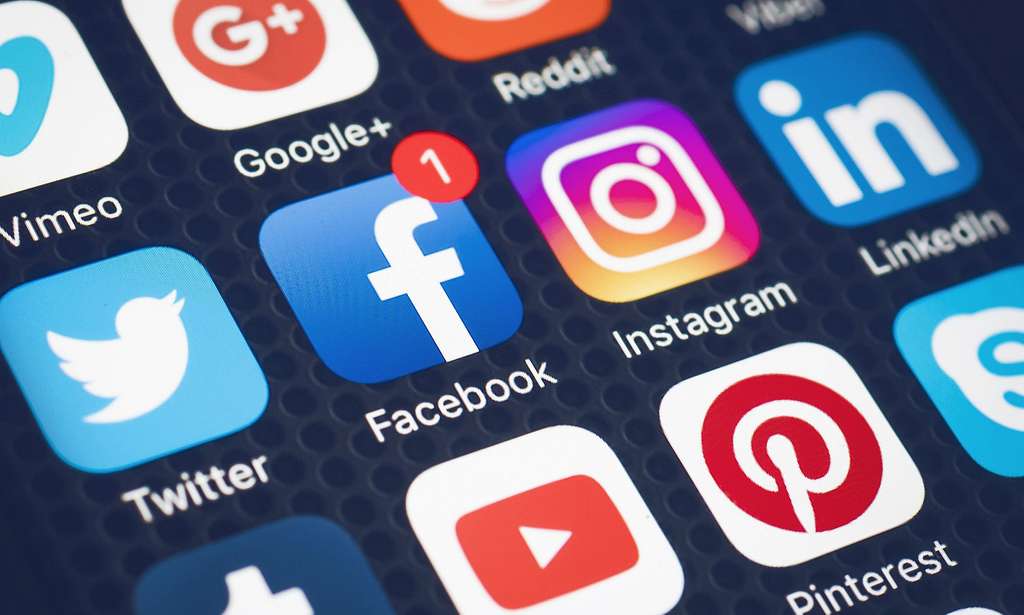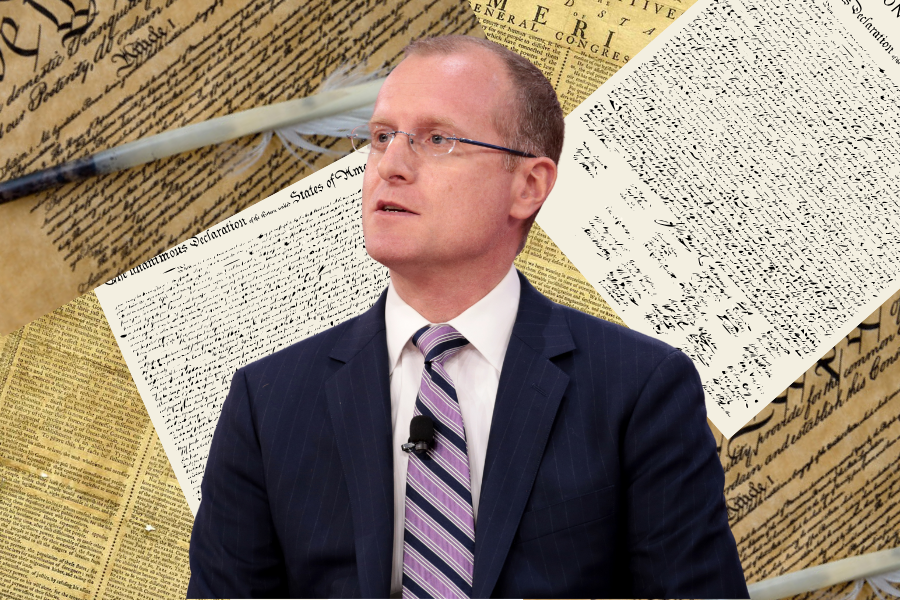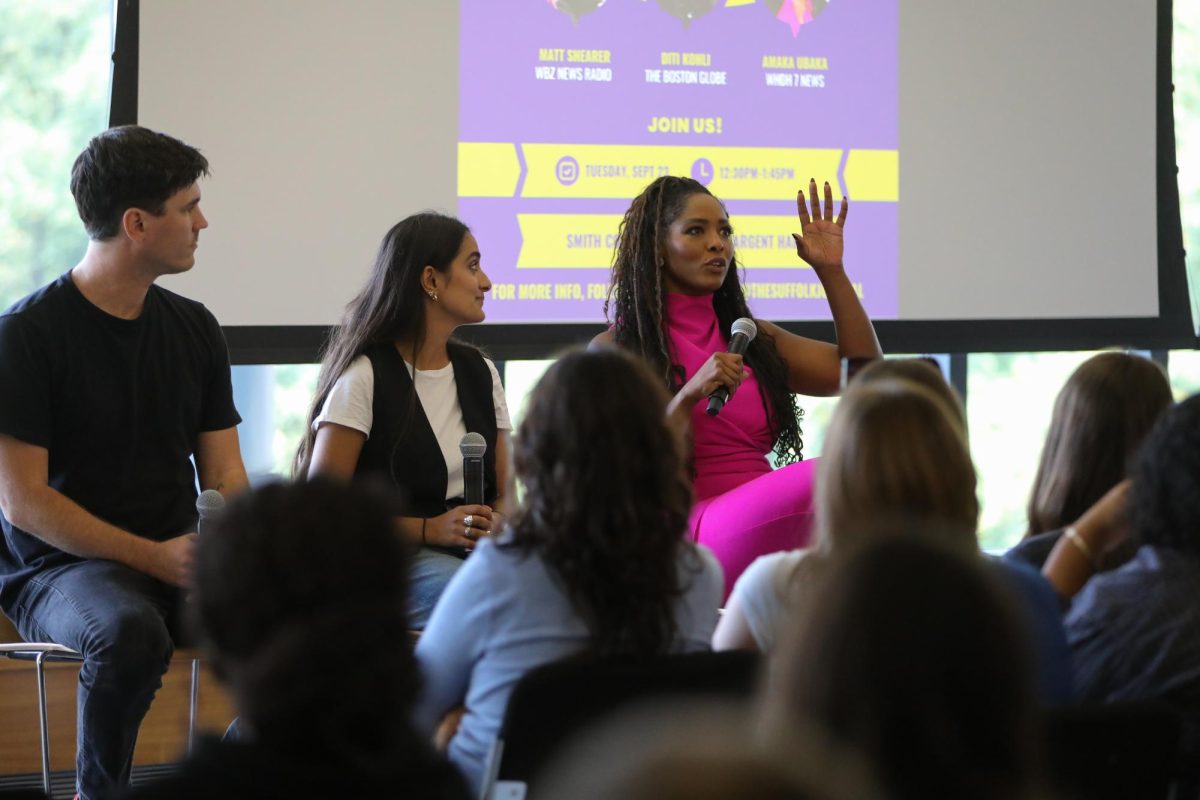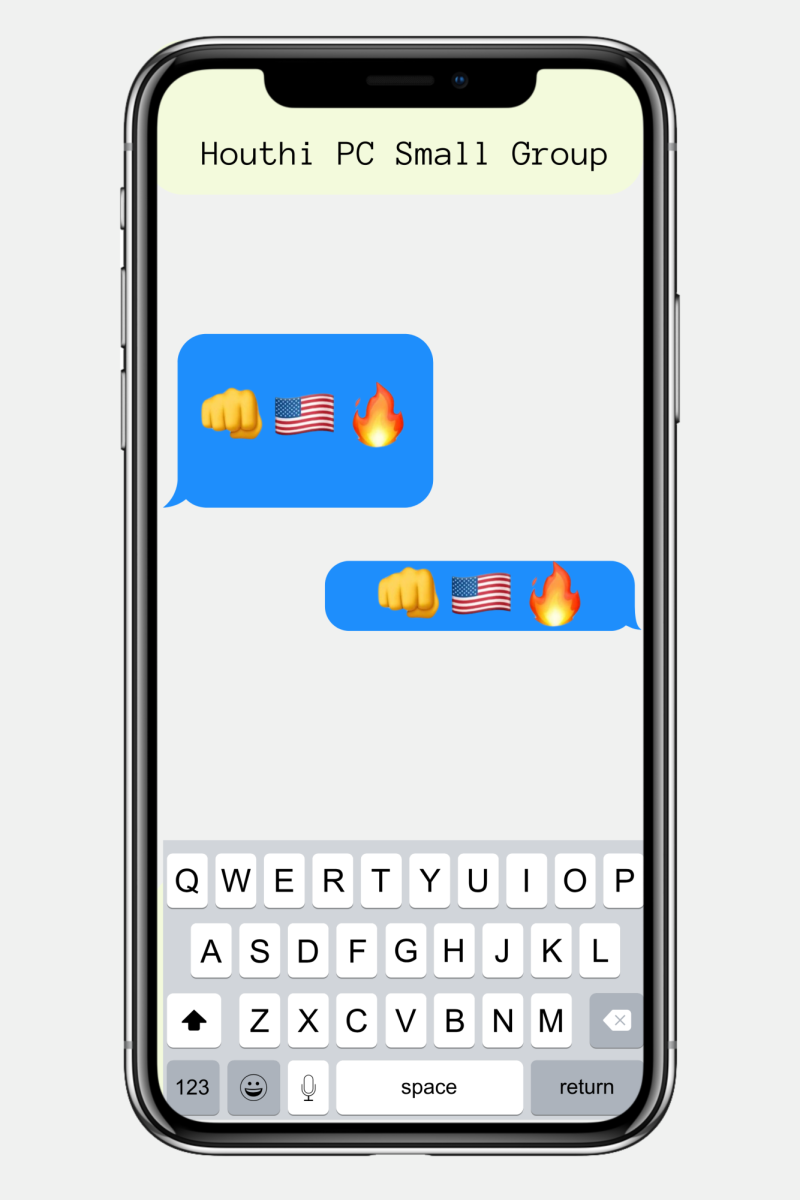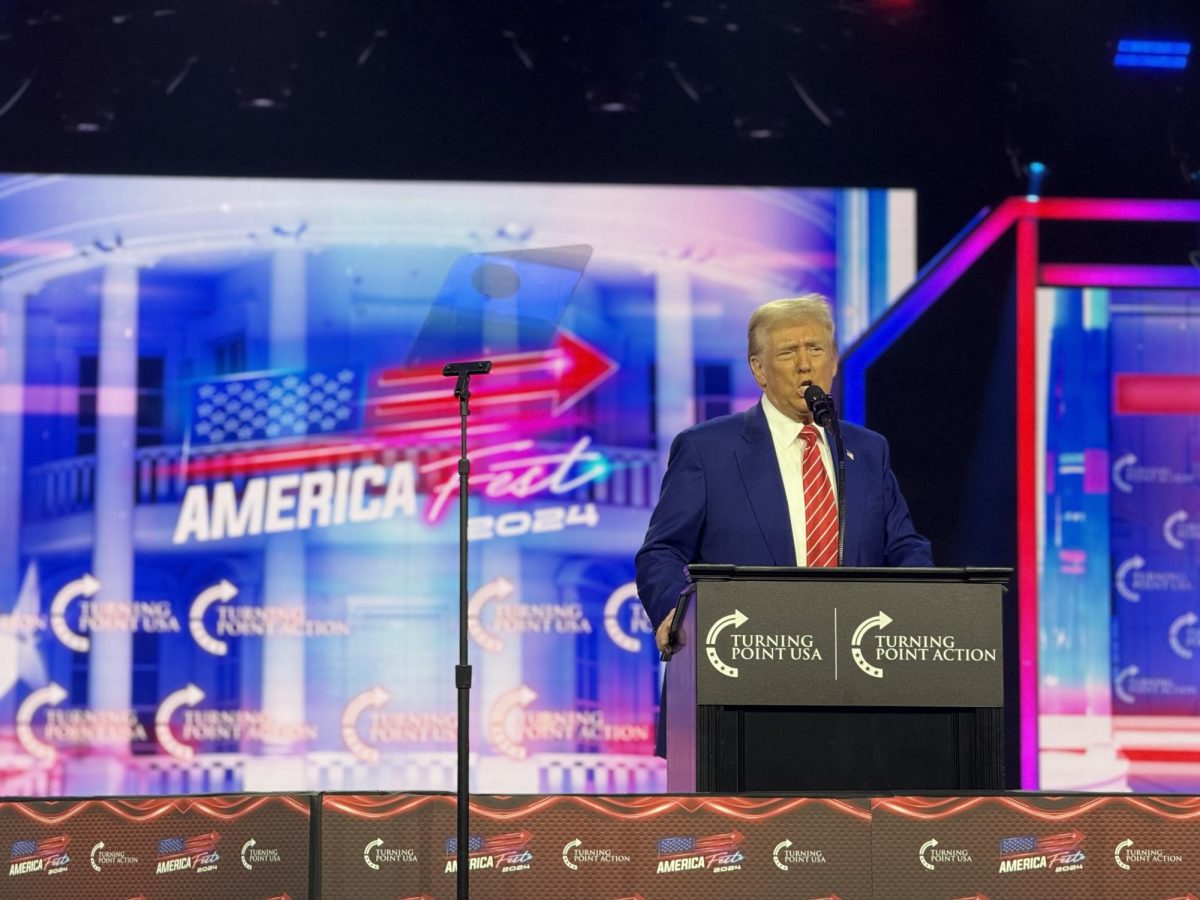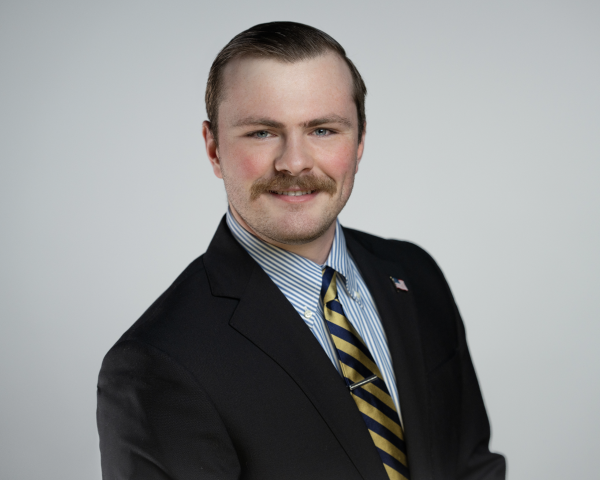In recent election cycles, the social media activity of our government officials has been a widely debated topic. According to Florida International University and the University of South Florida, 83% of surveyed voters believe that politics have no place on social media.
However, social media use, especially by politicians, is not only a necessary aspect of the political landscape but a move that tends to yield great success for those seeking elected office.
Social media use by political candidates was not widely called into question until 2016 when former President Donald Trump launched his campaign. Trump’s campaign was the first of its kind. While former President Barack Obama is seen as the first “social media president,” Trump was the first presidential candidate to use social media to run his campaign.
Critics of Trump argued that he used social media accounts to spread hatred and misinformation. His supporters, on the other hand, argued that his crass, unfiltered and off-the-cuff remarks were a reflection of the attitudes of his voters. Many of his supporters felt that they finally had the ability to have their voices heard, and Trump utilized this energy to achieve the greatest election upset in the history of politics.
In 2016, Trump dominated the news cycles unlike any presidential candidate ever before, and this was largely a result of his use of social media. In September 2016, Trump boasted a total of almost 12 million followers on X, formerly known as Twitter, while his opponent Hillary Clinton had about nine million. Trump was aware of this and used the social media giant as his “trump” card — providing him unfettered access to millions of people.
However, the impact of Trump’s posts in their own nature is not what benefitted him — it was the fact that his posts created discussion and manipulated news cycles.
Issues like illegal immigration were not discussed by traditional politicians in the way that Trump discussed it in 2016. The party of Ronald Reagan, who himself was opposed to a physical barrier at the southern border, became the party of Donald Trump and “build the wall” chants because of Trump’s ability to play establishment media like a fiddle. By sending out a post, regardless of the messaging, he was able to get free campaign advertisements. Critics on the left often denounced his messaging, which only elevated Trump’s content to a wider audience.
This allowed Trump to achieve victory while spending almost half of what Clinton spent. In the 2016 cycle, Trump spent more than $422 million across his campaign committee and outside groups, while Clinton spent more than $768 million.
Although the 2016 election was close to a decade ago, it is important to understand the course of events that broke the political apparatus for better or for worse. Trump’s election victory showed aspiring political candidates that social media use can yield immeasurable success.
From a different standpoint, social media use by incumbent politicians and government offices is essential. On the national stage, Obama was the first president to utilize social media sites to connect with the American people and did a great job at creating the apparatuses for future presidents to use. Obama’s work to create a digital presence for the Oval Office, and by extension all offices of the United States government over the course of his administration, is one of the most under-appreciated and overlooked elements of his presidency.
Fast forward to today: The world is on fire, misinformation runs rampant on the internet and political polarization is seemingly worse than it’s ever been. In times of crisis, the American people often look to questionable news sources that may not report on all of the facts, if any at all. Unfortunately, the many news outlets prioritize clickbait and profit over keeping their audiences properly informed.
Abstinence from social media is a short-sighted move by politicians, as well as political candidates. Whether or not government officials have a desire to have a social media presence is irrelevant. In the best interests of their constituents, politicians should be required to have a social media presence in their official government capacity at least.
As elected officials, they have an obligation and a duty to protect the people. By abstaining from social media use in an official capacity at the very least, politicians leave the door open for another entity to occupy the space left vacant by their negligence. For aspiring politicians, the evidence is clearly indicative that if used properly or as a substitute for campaign advertisements and traditional media appearances, social media could be the key aspect to winning an election.


